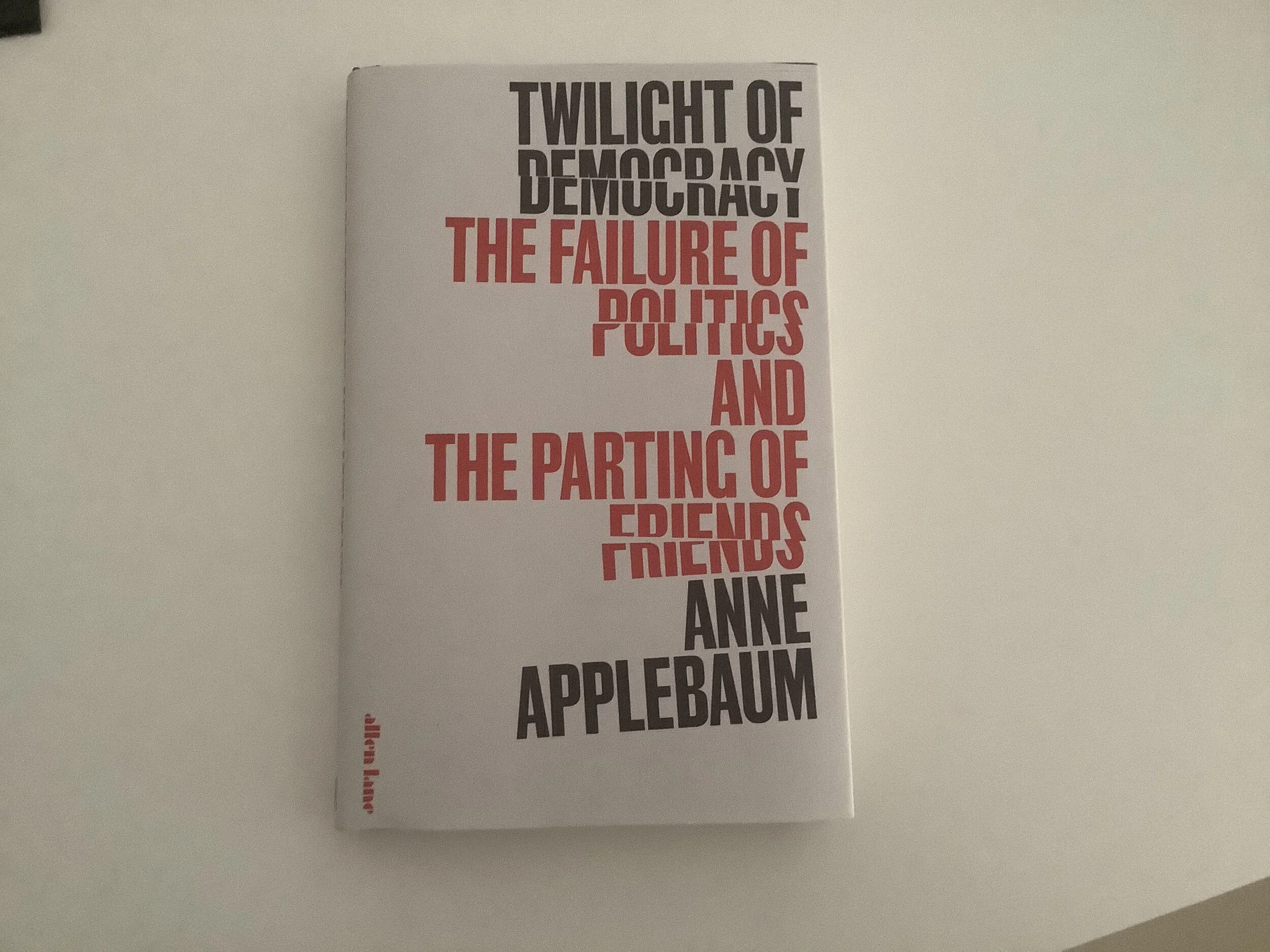Catherine Fletcher: the Beauty and the Terror; an alternative history of the Italian Renaissance
It was the subtitle of this book that first caught my eye offering it seemed a new perspective on an era. And indeed after only the first two chapters, I thought my first impressions were correct. It was (is) written in a very accessible and easy style (important given the infinitely complicated story of ever-changing alliances and conflicts between nations, city states and families). It is also, I believe, very well-researched, insofar as I am able to judge this.
The subtitle could have suggested a rather tedious, characteristically ‘woke’ approach to the subject but this is not the case as the main element that I took away from the book was the natural and very considerable influence of women in this area - almost exclusively from the upper social echelons, due to marriages and familial relationships. Marriages, invariably early and for largely dynastic/political reasons, were often it seemed the means by which women could obtain power and influence. And the fact that deaths were earlier in that time meant that often mothers could play a large role in the lives and actions of very young children left orphaned, acting as Regents etc until they reached adulthood and could make their own decisions. And at times women took over completely, and with great success, a classic nd perhaps the best example of this being the Treaty of Cambrai which was almost entirely the result of female planning and negotiation with at least one participant being given complete control to make her own decisions in the process. While this treaty of almost exclusively feminine input and creation is doubtless well know, the other great strength of the book is its illumination of the many, admittedly smaller roles that women played in all aspects of the society. Too often, ‘the Renaissance’ is seen as a monolithic collection of DWM’s, political movers and artistic creators. While they did, necessarily, play a major role, it is good to have this book’s view which gives the female side and element its due importance. It has given me a more complete overview of this remarkable time and the many many elements, people and groups who made it what it was. I thought that a comparison would be the common/popular view of the pre-Civil War South where the common focus is on obvious and visible elements like the wonderful plantation house, crinolines, mint juleps, Southern Belles all the while often forgetting the slavery system on which the entire edifice was raised and supported.
Another fascinating element was the general sense of chaos that seemed to pervade the times - and for infinitely-seeming long periods too. It seemed to be very rare that there were any periods of sustained peace and calm.
The role of the Church, and its great remove from what one would traditionally regard as the church’s sole spiritual role is very well shown - one has to remember that the whole edifice of the church was essentially a political and power construct and the source of emphatically non-spiritual power and wealth. And related to this it was interesting to be able to see how Savanorola could be seen as an early precursor of Protestantism with its stress on the spiritual world rather than the political.
The book is generally well organised - the whole story is a very complicated one with the constantly shifting political and dynastic alliances centring on cities city-states and dynastic treaties and alliances. I did feel though that sometimes links between chapters could be made more explicit as we did seem to sometimes suddenly jump from one topic to another - although plenty of sound connections are usually made.
So, an excellent overview and perhaps one to return to.


